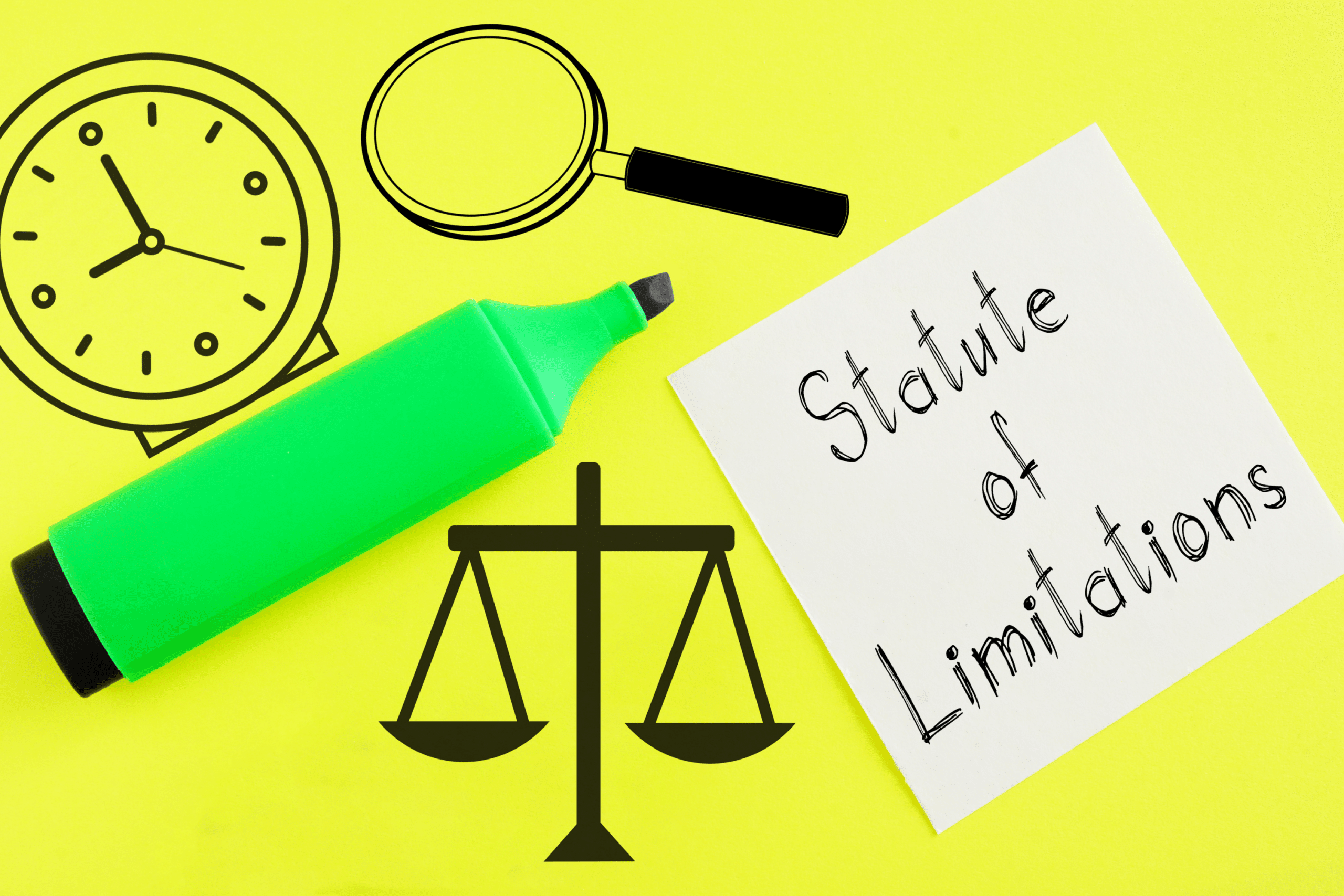Free Consultation
Free Consultation

When you’ve suffered a personal injury due to someone else’s negligence or wrongdoing, it’s important to understand that time is of the essence when it comes to seeking legal recourse. In New York, like in many other states, there’s a time limit known as the statute of limitations, a window within which you must file a personal injury claim. This blog post delves into New York’s statute of limitations for personal injury claims, helping you understand the timeframes involved and the implications of missing the deadline.
The statute of limitations is a legal timeframe within which a person must initiate legal proceedings for a specific type of claim. In personal injury cases, it starts running from the date of the injury or when the injury was discovered. Once the statute of limitations expires, you generally lose your right to pursue legal action for that particular incident.
In New York, the statute of limitations varies depending on the type of personal injury claim:
General personal Injury. The general statute of limitations for personal injury claims, including those arising from accidents, slip and falls, and medical malpractice, is three years. This means you have three years from the date of the injury to file a lawsuit.
Medical Malpractice. In cases of medical malpractice, where the injury resulted from a healthcare professional’s negligence, the statute of limitations is generally two years and six months from the date of the malpractice, or from the end of continuous treatment for the same condition, whichever is later.
Wrongful Death. In cases of wrongful death caused by negligence or intentional harm, the statute of limitations is two years from the date of death.
Product Liability. If you’re injured due to a defective product, the statute of limitations is generally three years from the date of the injury or discovery of the defect.
While the statutes of limitations mentioned above are standard, there are exceptions and factors that can affect these timeframes:
Discovery Rule. In some cases, injuries or their causes may not be immediately apparent. New York’s “discovery rule” allows the statute of limitations to start running from the date when the injury was discovered or should have been reasonably discovered.
Minor Children. For personal injury claims involving minor children, the statute of limitations doesn’t begin until the child turns 18, giving them more time to file a claim.
Mental Incapacity. If an individual is mentally incapacitated due to a disability, the statute of limitations may be “tolled,” or paused, until they regain their mental capacity.
Government Entities. When pursuing claims against government entities, the statute of limitations might have different rules and shorter timeframes. It’s crucial to consult an attorney if your claim involves a government entity.
Failing to file a personal injury claim within the applicable statute of limitations can have serious consequences:
Barred Claims. Once the statute of limitations expires, you lose the right to seek compensation for your injuries through legal means.
Weakened Evidence. Over time, evidence can deteriorate, witnesses can forget details, and records might be lost. Initiating legal action sooner rather than later helps preserve the integrity of your case.
Financial Consequences. Delaying legal action can also mean missing out on crucial compensation that could help cover medical bills, lost wages, and other expenses resulting from your injury.
Understanding New York’s statute of limitations for personal injury claims is essential if you’re considering pursuing legal action after suffering an injury due to negligence or wrongdoing. The statutes of limitations vary based on the type of claim, and there are exceptions that can affect these timeframes. To protect your rights and ensure you have the best chance of obtaining compensation, it’s advisable to consult with an experienced personal injury attorney as soon as possible after an incident occurs. Acting promptly can help you navigate the legal process effectively and increase your chances of a successful outcome.